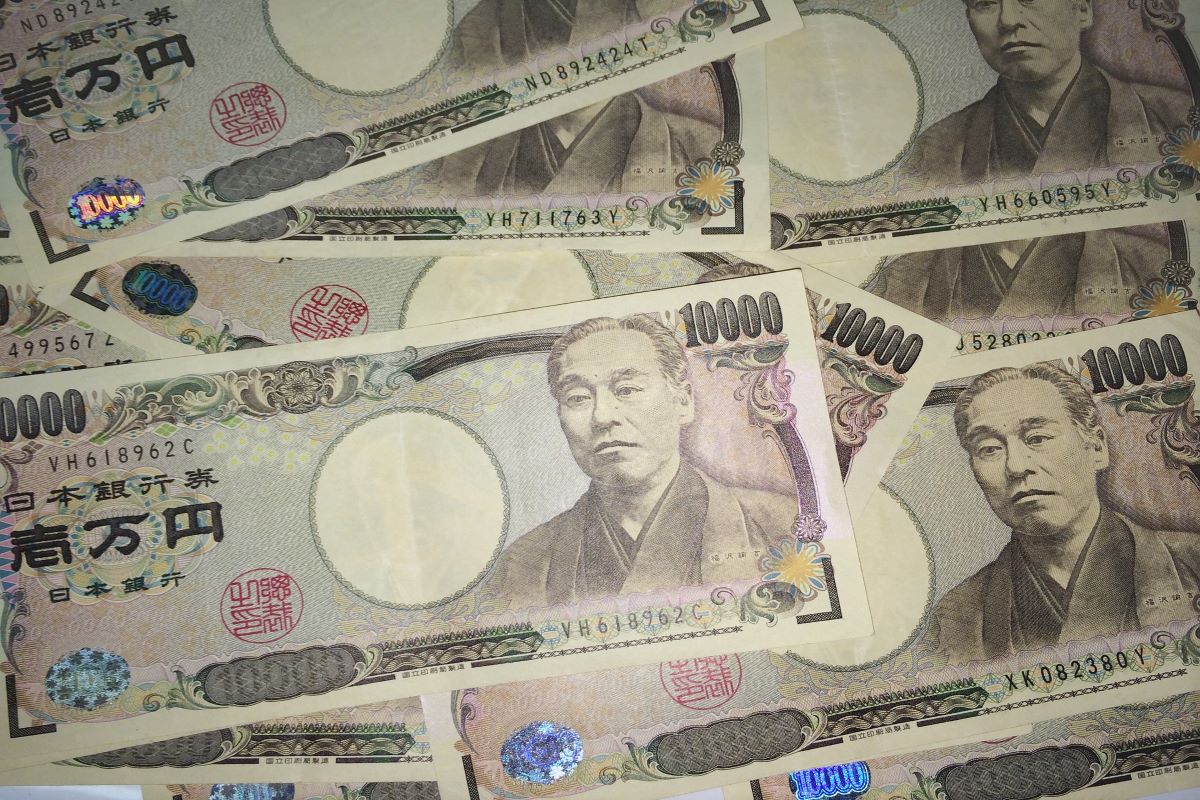Japan’s weak yen has become the talk of the town again as it slipped to 135 against the US dollar, its weakest level since 1998. Tokyo stocks and bond yields have taken a hit as investors distance themselves from the Bank of Japan’s easing policy.
The gap between the US dollar and a weak yen widened after recent inflation data from the US indicated an aggressive policy tightening by the Federal Reserve, as investors seek refuge in the dollar. Japan’s central bank wants to continue its easing policy while keeping control on yields, but Governor Haruhiko Kuroda has now expressed concern over the sliding yen and said that the weak currency may be bad for the economy.
Is a weak yen good for Japan?
Back in April, a Reuters poll had found that over three-quarters of Japanese firms said that the yen had declined to a point of being detrimental to business. However, the Bank of Japan (BOJ) has been eager to cash in on a weak yen hoping that it will increase the country’s exports and help the country get out of deflation. However, the BOJ’s denial to hike interest rates has sent the yen spiralling, with the currency losing 15% against the dollar since early March.
“Overall, the fundamental developments continue to favour further yen weakness it the near-term but market participants will be more wary of the risk of intervention and/or a hawkish shift in BoJ policy in the week ahead,” analysts at Japan’s MUFG said in a note.
However, Nikko AM’s chief global strategist John Vail believes that the yen won’t slide further unless there are even worse developments regarding Russia and China as the US Core CPI on a month-on-month basis will likely calm down ahead.
“This should prevent the Fed from having to hike by 75 bps in a nearby meeting, although the current consensus for 50 bps for the next three meetings will likely transpire, as Core inflation will remain too high for comfort, not to mention headline inflation. Thus, the US Treasury 10-year yield should also calm down and, in turn, the Yen’s weakness vs. the USD should be curtailed,” Vail said.
While Kuroda expressed concern over the weak yen, the BOJ ramped up the defence of its policy targets and said it would buy an additional 500 bn yen ($3.7 bn) worth of 5-year and 10-year bonds. The BOJ governor said the central bank is working closely with the government, and some analysts believe it is likely that BOJ will tweak its policy guidance.
Meanwhile, a recent Bloomberg survey showed that the BOJ is unlikely to adjust its monetary policy stance until the yen breaches the 140 level against the dollar.










 Australia
Australia China
China India
India Indonesia
Indonesia Japan
Japan Malaysia
Malaysia Philippines
Philippines Singapore
Singapore South Korea
South Korea Taiwan
Taiwan Thailand
Thailand Vietnam
Vietnam
 Germany
Germany Hong Kong
Hong Kong Switzerland
Switzerland Singapore
Singapore
 United Kingdom
United Kingdom








